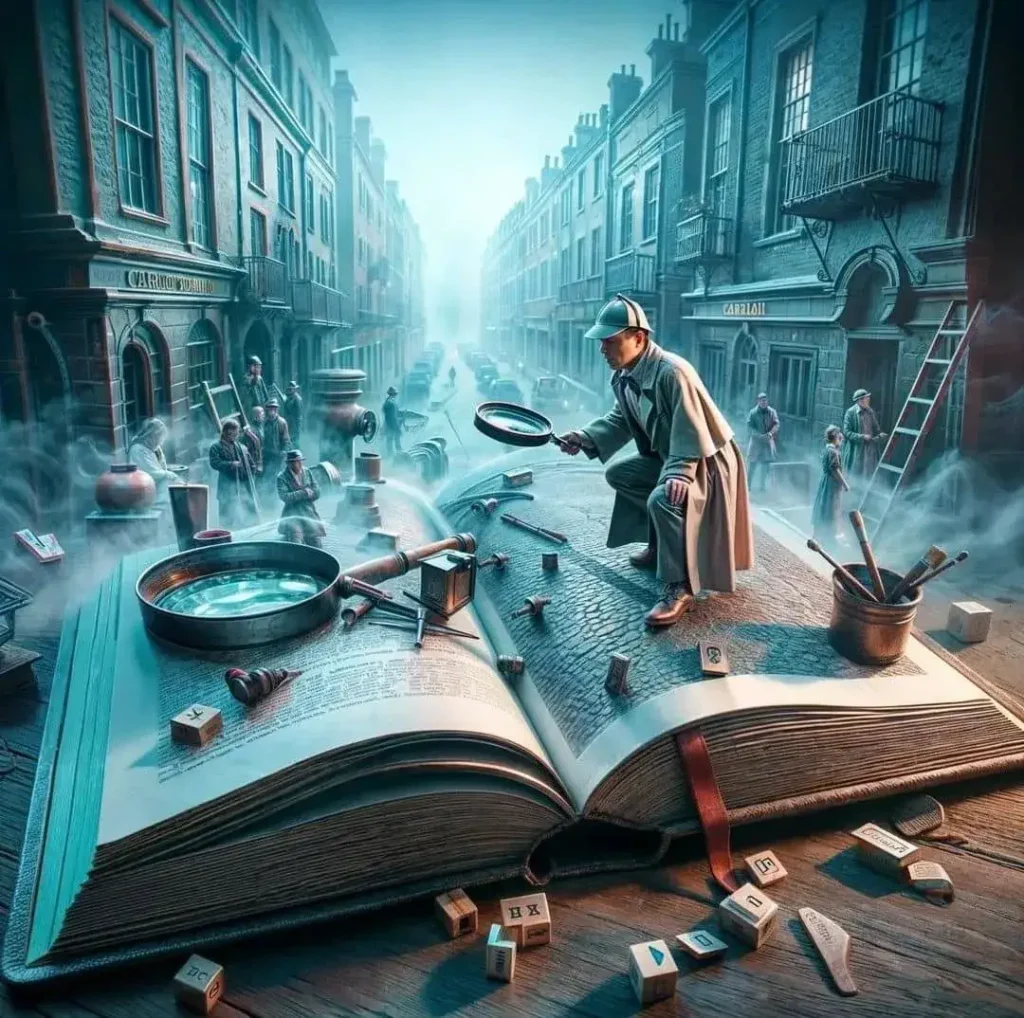
In this article, “The Top 10 Most Influential Works of Literature in the World,” we explore a carefully curated selection of literary masterpieces that have shaped human thought, culture, and society throughout history. These works transcend time and geography, leaving an indelible mark on everything from philosophy and art to politics and religion. Spanning religious texts, ancient epics, profound tragedies, and revolutionary novels, the article highlights how these influential books continue to inspire and challenge readers around the globe. Whether through the moral teachings of the Bible, the strategic insights of The Art of War, or the dystopian foresight of Orwell’s 1984, these works provide a window into the diverse tapestry of human experience, guiding and reflecting society’s ever-evolving narrative.
Table of Contents
The Top 10 Most Influential Works of Literature in the World
1. The Bible

Author: Various (compiled over centuries)
Era: 1200 BCE–100 CE
Influence: As the cornerstone of Judeo-Christian thought, the Bible has shaped Western morality, law, art, and language. Its parables, characters, and themes (sacrifice, redemption, justice) permeate literature, from Milton’s Paradise Lost to Dostoevsky’s The Brothers Karamazov.
2. The Qur’an
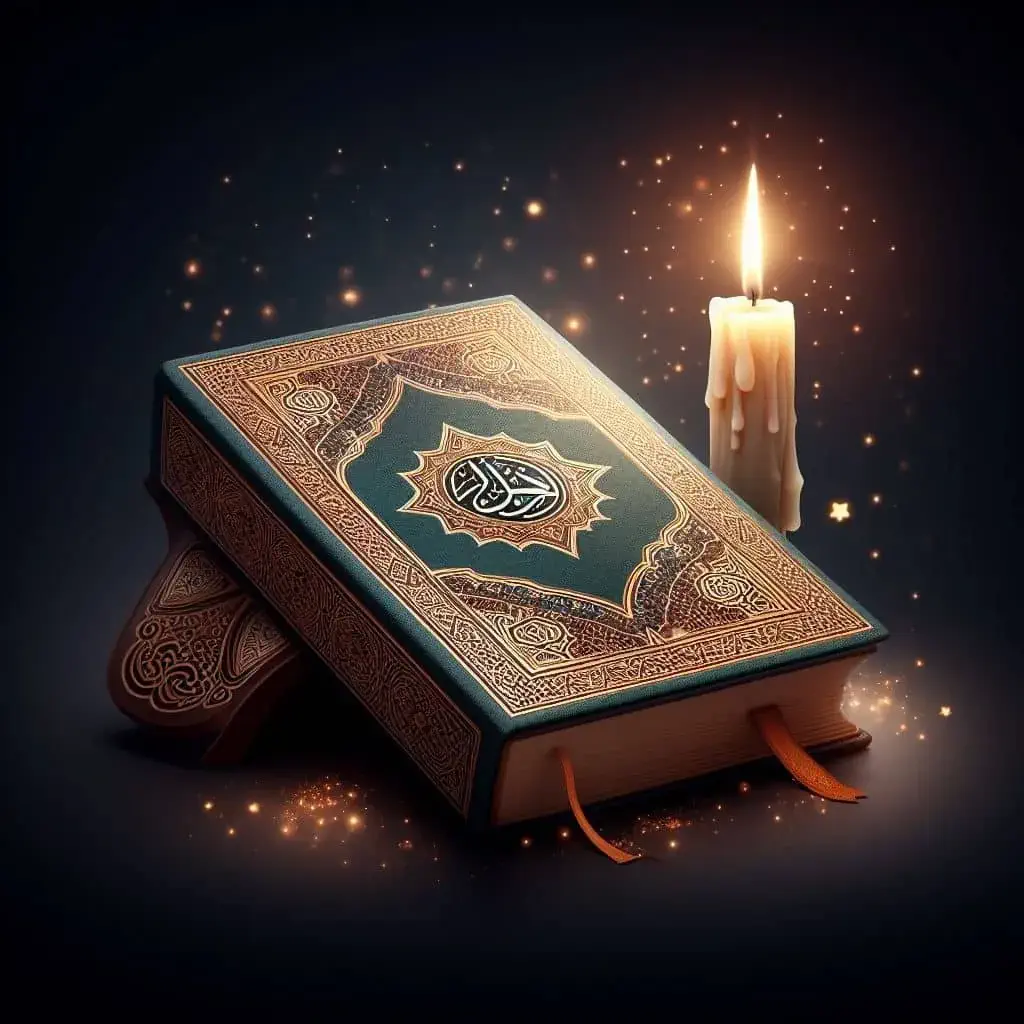
Author: Islamic tradition holds it was revealed to Prophet Muhammad
Era: 7th century CE
Influence: Central to Islamic theology and culture, the Qur’an’s poetic verses have influenced Arabic literature, science, and philosophy. Its emphasis on social justice and monotheism has inspired countless works, including Rumi’s mystical poetry.
3. The Iliad and The Odyssey
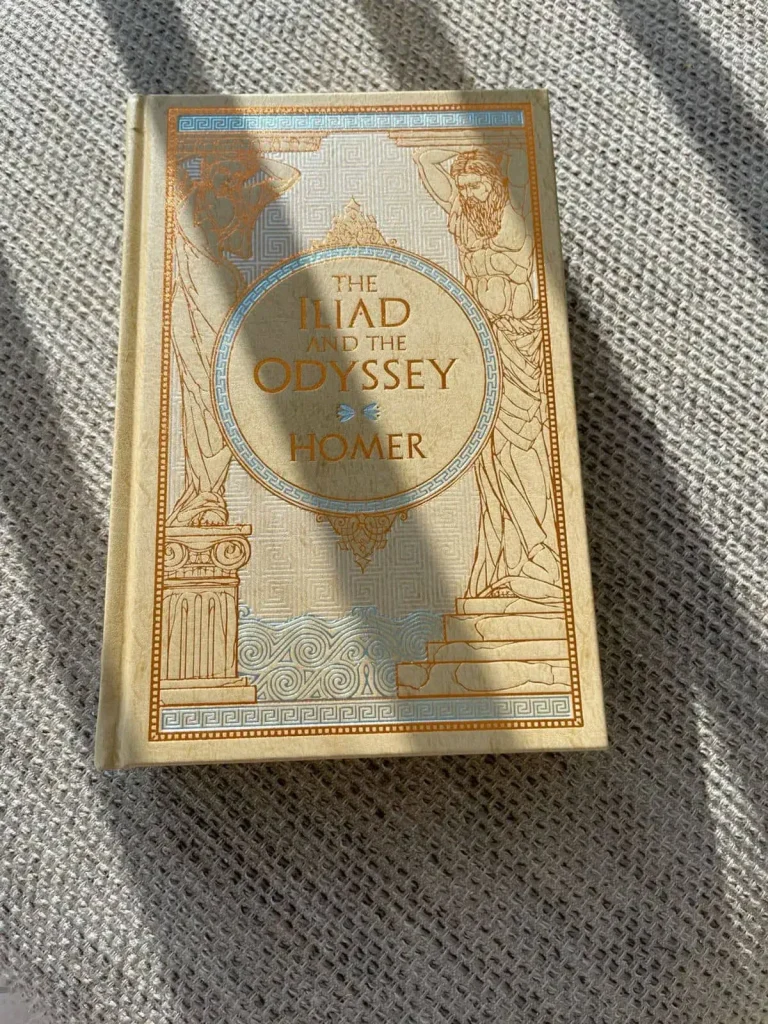
Author: Homer
Era: 8th century BCE
Influence: These Greek epics laid the foundation for Western literature. Themes of heroism, fate, and human frailty echo in Virgil’s Aeneid, James Joyce’s Ulysses, and modern storytelling tropes like the “hero’s journey.”
4. The Divine Comedy
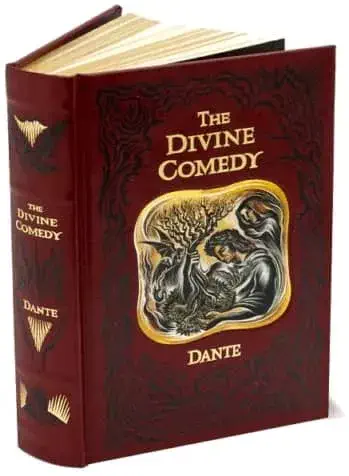
Author: Dante Alighieri
Era: 1320 CE
Influence: Dante’s journey through Hell, Purgatory, and Heaven codified the Italian language and medieval Christian cosmology. Its allegorical depth inspired writers like Chaucer and T.S. Eliot, while its vision of the afterlife remains iconic.
5. Hamlet
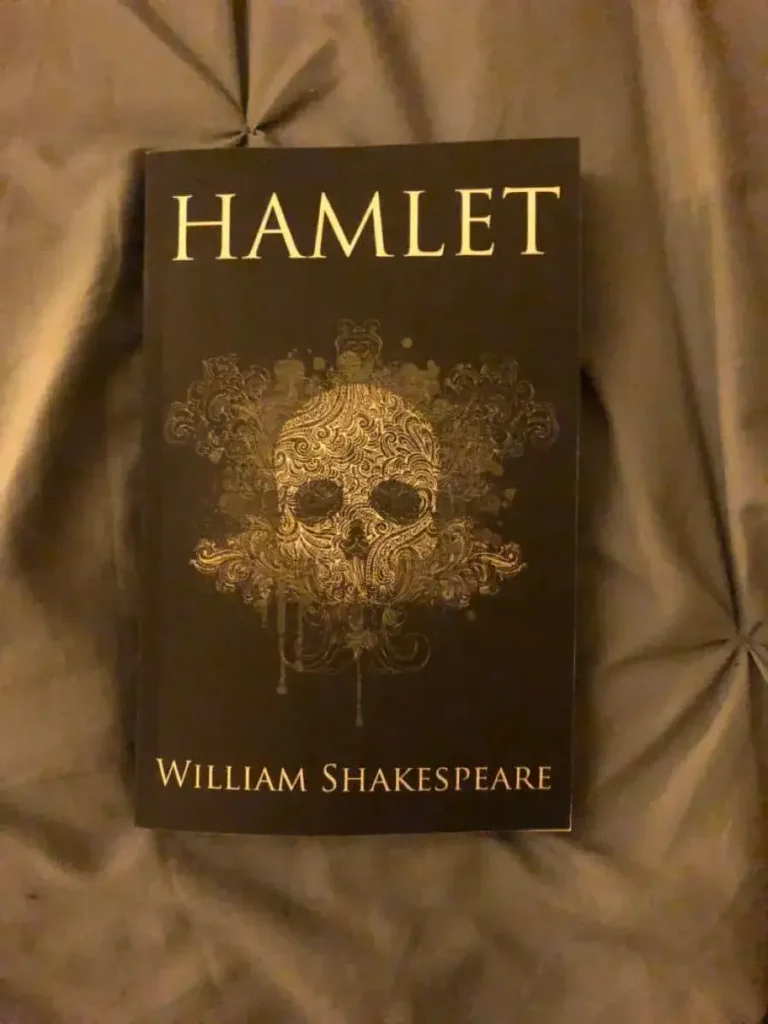
Author: William Shakespeare
Era: 1603 CE
Influence: Shakespeare’s exploration of existential doubt (“To be or not to be”) revolutionized drama. Hamlet introduced complex character psychology, influencing works from Goethe’s Faust to modern films like The Lion King.
6. Don Quixote
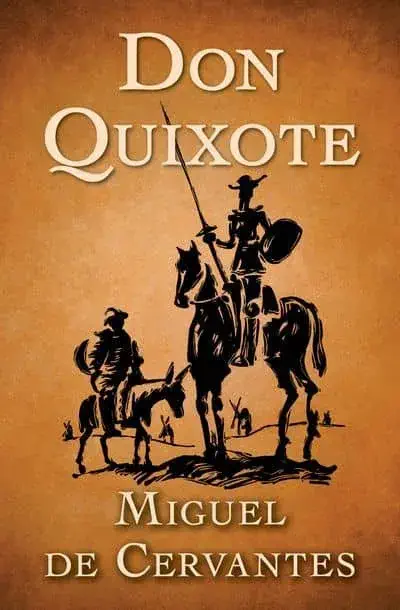
Author: Miguel de Cervantes
Era: 1605–1615 CE
Influence: Often called the first modern novel, Don Quixote pioneered meta-narrative and satire. Its critique of idealism vs. reality inspired authors like Flaubert and Dostoevsky, while its structure shaped the novel as a genre.
7. One Thousand and One Nights
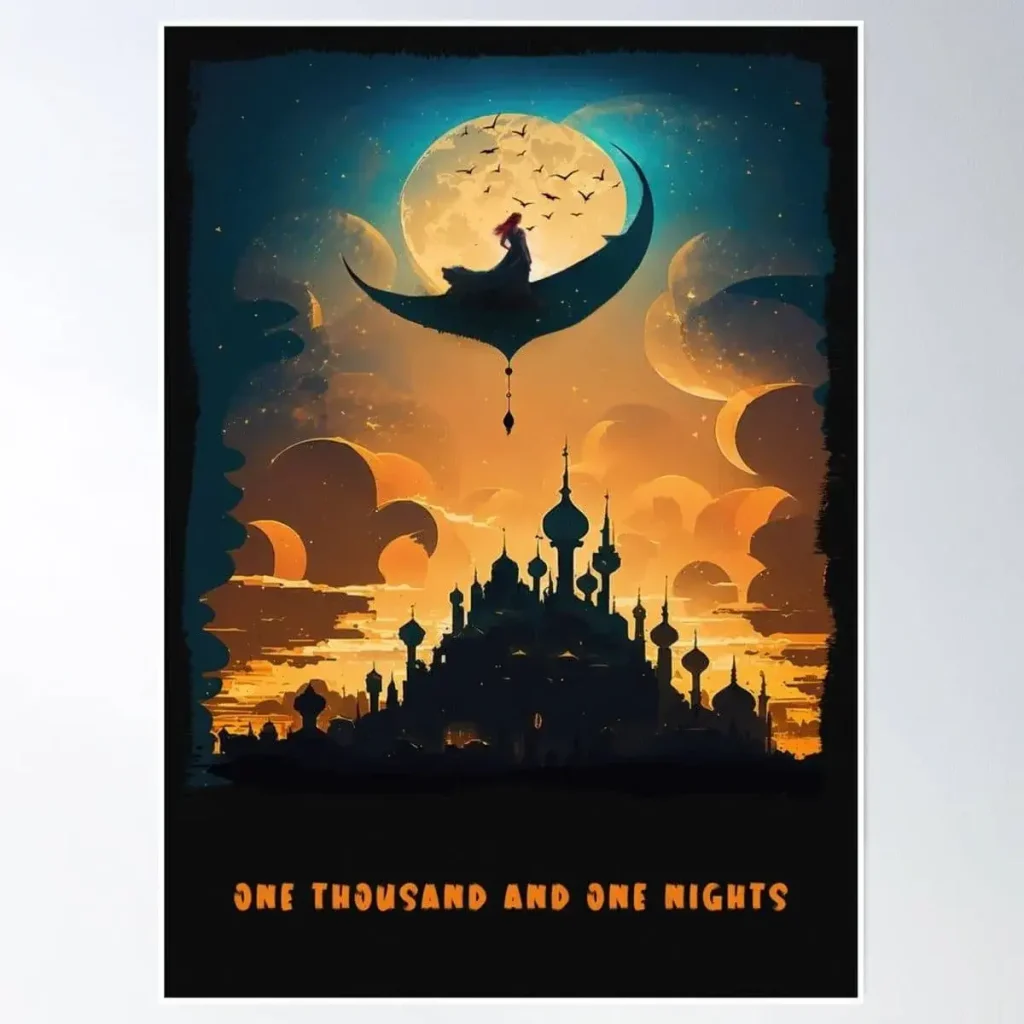
Author: Anonymous (compiled from oral traditions)
Era: 8th–18th centuries CE
Influence: This Arabic collection introduced timeless tales like Aladdin and Sinbad, shaping global storytelling. Its frame narrative (Scheherazade’s stories) influenced Chaucer, Boccaccio, and modern fantasy literature.
8. The Art of War

Author: Sun Tzu
Era: 5th century BCE
Influence: Beyond military strategy, Sun Tzu’s aphorisms on conflict and leadership permeate business, politics, and literature. Its principles appear in works like Machiavelli’s The Prince and modern management guides.
9. Things Fall Apart
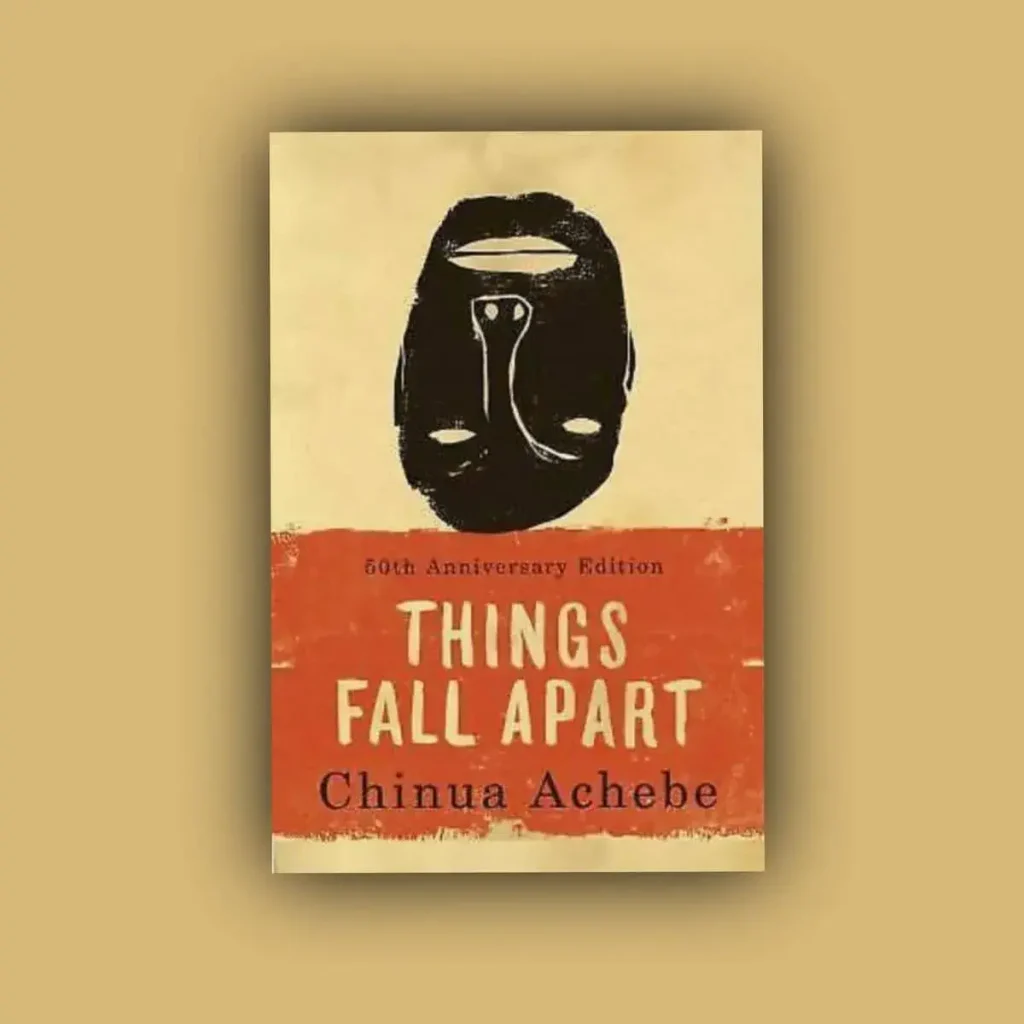
Author: Chinua Achebe
Era: 1958 CE
Influence: Achebe’s novel challenged colonial narratives by centering African perspectives. Its portrayal of Igbo culture and clash with colonialism sparked a global wave of postcolonial literature, inspiring authors like Ngũgĩ wa Thiong’o.
10. 1984
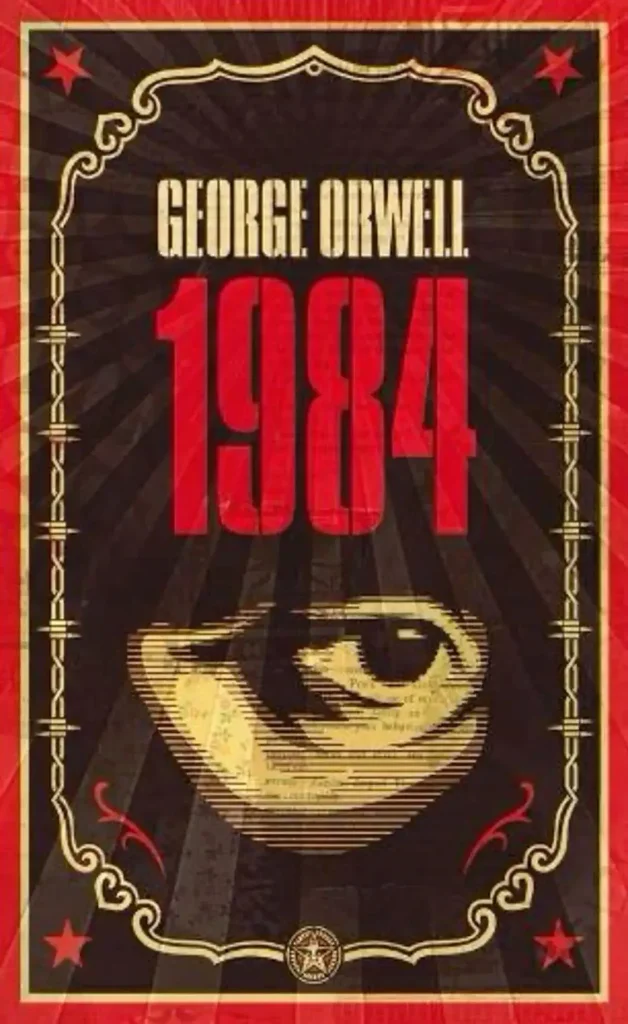
Author: George Orwell
Era: 1949 CE
Influence: Orwell’s dystopia introduced concepts like “Big Brother” and “newspeak,” becoming a lens to critique authoritarianism. Its themes resonate in works like The Handmaid’s Tale and modern discussions on privacy and propaganda.
Comparison Chart
| Title | Region | Key Themes | Legacy |
|---|---|---|---|
| The Bible | Middle East | Faith, redemption | Shaped Western ethics and art |
| The Qur’an | Arabia | Monotheism, justice | Foundation of Islamic civilization |
| The Iliad/Odyssey | Greece | Heroism, fate | Blueprint for epic poetry |
| The Divine Comedy | Italy | Sin, salvation | Codified Italian language |
| Hamlet | England | Existentialism, revenge | Revolutionized character depth |
| Don Quixote | Spain | Reality vs. illusion | Invented the modern novel |
| One Thousand and One Nights | Middle East | Storytelling, survival | Global narrative traditions |
| The Art of War | China | Strategy, leadership | Influenced cross-disciplinary thought |
| Things Fall Apart | Nigeria | Colonialism, tradition | Pioneer of postcolonial literature |
| 1984 | England | Totalitarianism, truth | Archetype for dystopian fiction |
Conclusion
In conclusion, these ten literary masterpieces are more than just stories—they are powerful reflections of humanity’s values, struggles, and aspirations. From the ancient wisdom of The Iliad to the thought-provoking dystopia of 1984, each work has influenced the world in profound ways, transcending cultural boundaries and inspiring future generations. They remind us that literature is a timeless dialogue that continues to bridge divides, shape ideologies, and fuel the evolution of human thought.
You Might like
10 Longest Rivers in the World
10 most beautiful islands in the world
10 Largest Regional Forests in The World
10 Most Serene Places of Natural Beauty in the World
Top 10 Tallest Buildings in the World
FAQs
Why include religious texts like the Bible and Qur’an?
Religious texts have profoundly influenced art, law, and culture, making them literary cornerstones despite their theological roles.
How were these works selected?
Based on global impact, enduring relevance, and influence on subsequent literature, philosophy, or societal norms.
Are there notable omissions?
Yes—works like The Tale of Genji or War and Peace are influential but prioritized here for cross-cultural reach.
Why is 1984 considered influential?
It introduced foundational dystopian concepts and remains a reference point in discussions about governance and freedom.
Is non-Western literature adequately represented?
Efforts were made to include diverse regions (e.g., The Art of War, Things Fall Apart), though balance remains challenging.
